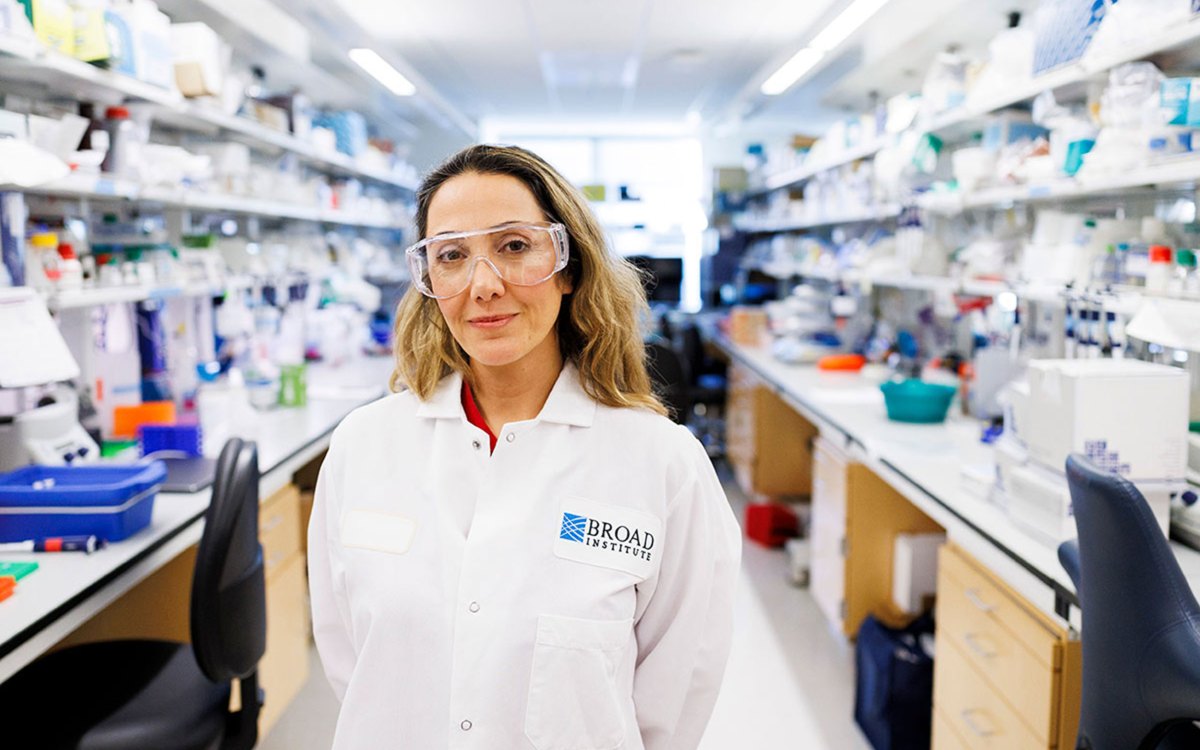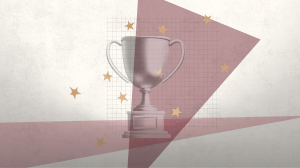All articles
-
Science & Tech
Chandra probes nature of dark matter
It’s one of the universe’s most enduring mysteries — what comprises the “dark matter” that scientists believe most of the universe is made of, but which humans have been unable…
-
Health
Study shows strong public interest in genetic testing for Alzheimer’s disease
A genetic test to determine a person’s chance of getting Alzheimer’s disease is still hypothetical. But scientists are getting closer and closer to being able to determine who is likely…
-
Science & Tech
Chandra catches Milky Way monster snacking
Researchers using the Chandra X-ray Observatory have, for the first time, observed the black hole at the center of our galaxy devouring material.
-
Health
One-tenth of medical residents feel unprepared
Findings from a study suggest that gaps exist in the preparedness of physicians to manage the full range of patients, procedures and problems they may encounter. A surprising one in…
-
Campus & Community
Resistance to antibiotics is reversed
Infectious bacteria that have developed resistance to even the most potent antibiotics are making hospital stays increasingly hazardous. Take the drug vancomycin, for example, which used to be a last line of defense against virulent strains of enterococci and staphylococci that can be life-threatening. These bacteria continually develop new ways to beat vancomycin.
-
Health
Resistance to antibodies is reversed
It’s a frightening — and increasingly common — problem. A patient seeks treatment for a particular ailment in a hospital and develops an entirely different disease: a bacterial infection that…
-
Health
Common aspirin reveals mechanism of insulin resistance
In 1876, a German professor described a treatment that led to rapid improvement in two men who were suffering from what doctors now recognize as classic type 2 diabetes. In…
-
Health
Cell death in eggs traced to smoking
A woman is born with just so many egg cells, called oocytes. When she begins ovulating, she has about 400. Even though that may seem like a lot, considering the…
-
Health
Sorting good eggs from bad ones
An oocyte is an immature egg cell in the ovaries. Before a woman is born, her ovaries will contain about five million eggs. At birth, about three million of those…
-
Science & Tech
Medicaid coverage for anti-AIDS drugs would be cost effective
It’s long been said that “an ounce of prevention is worth a pound of cure.” A new study from the Harvard Center for Risk Analysis applies the principle to treating…
-
Health
Researchers discover new type of cancer
A team led by a Harvard researcher has identified a new type of cancer that primarily affects young girls. Sara Vargas, an instructor in pathology at Harvard Medical School and…
-
Campus & Community
Scientists identify chromosome location of genes associated with long life
Researchers at Harvard-afilliated Beth Israel Deaconess Medical Center, Children’s Hospital, and other institutions have pinpointed a region on human Chromosome 4 that is likely to contain a gene or genes associated with extraordinary life expectancy. Their findings, reported in the Aug. 28 issue of the Proceedings of the National Academy of Sciences, may lead to…
-
Health
Harvard scientists identify chromosome location of genes associated with long life
Scientists have long thought of aging as a complex process affected by perhaps a thousand genes. So a recent discovery by Harvard scientists that a gene or genes located on…
-
Health
Nutrition book author Willett rebuilds USDA food pyramid
For more than 20 years researchers at Harvard and elsewhere have been looking at the long-term health effects of eating certain types of foods. These researchers now have a good…
-
Science & Tech
U.S. stepped aside during Rwandan genocide
Samantha Power, executive director of the John F. Kennedy School’s Carr Center for Human Rights Policy, conducted a three-year-long investigation into what the United States government knew, didn’t know, and…
-
Health
Study shows obesity can increase risk of pancreatic cancer
Each year almost 30,000 people in the United States are diagnosed with pancreatic cancer. About the same number of people are killed by it. Pancreatic cancer is the fifth-leading cause…
-
Health
Drug hits new molecular target in mice
When doctors diagnose and plan treatment for breast cancers they look for various indicators of how aggressive they are and what treatments will work best. Two-thirds of breast tumors are…
-
Campus & Community
Scientists explore antimatter
It’s the rarest, shortest-lived matter in the universe. In fact, it’s antimatter – the opposite of matter. When the two meet, they annihilate each other in a burst of energy.
-
Campus & Community
2001 Rappaport Public Service Interns
Merrell Aspin is working as an intern with the Massachusetts Division of Medical Assistance in the Managed Care Program, where she is researching contracting issues for the divisions upcoming contracting process. She is a student at the School of Public Health (SPH).
-
Campus & Community
Technology for educators
Glenn Kleiman recalls the time his 7-year-old son asked him when color was invented.
-
Campus & Community
Medical center and affordable housing are result of swap
Harvard University joined Brigham and Womens Hospital and the nonprofit tenants organization Roxbury Tenants at Harvard in an unusual three-way land-swap agreement that will make way for a new medical center while preserving affordable housing in Bostons Mission Hill neighborhood.
-
Campus & Community
Leadership takes faith-based route
Forty-nine concerned citizens from all over the United States came to the Summer Leadership Institute (SLI), sponsored by the Divinity Schools (HDS) Center for the Study of Values in Public Life to train clergy, lay leaders, and community developers in inner-city economic improvement.
-
Campus & Community
In Brief
Biomedical trade show to be held next month The 2001 Biomedical Research Equipment and Supplies Exhibit will be held on Wednesday, Sept. 19, and Thursday, Sept. 20, from 9:30 a.m.…
-
Campus & Community
Swanson’s work recognized
This is how Jordan Swanson is spending his last summer as a Harvard undergraduate: June in Bangladesh as a U.S. State Department intern investigating human rights abuses, July and August in Thailand conducting malaria research.
-
Campus & Community
A perfect day for a picnic
Blue skies shone and balloons bobbed over Tercentenary Theatre on July 31, as Harvard University and the city of Cambridge welcomed nearly 1,000 Cambridge senior citizens to the 26th annual Harvard Yard Picnic.
-
Campus & Community
Summer of study
Summer school occupies one of the darkest chambers of high schools hall of horrors. Theres the shame of having failed a class – or several – during the year, the agony of waking up early and going to school on beautiful summer days, the ache of spending sultry evenings with homework assignments instead of with…
-
Campus & Community
KSG sets up leadership program with Taiwan
Dean Joseph S. Nye Jr. of the Kennedy School of Government (KSG) and Taiwanese foreign minister Hung-mao Tien signed an agreement last month establishing the KSG-Taiwan Leadership Program. The new…
-
Campus & Community
Talking about revolution
During the late 18th and early 19th centuries, revolutions and rebellions were occurring at a rate that made established regimes tremble. In addition to the American Revolution of 1776, the French Revolution of 1789, and a dozen rebellions that swept across Europe from Italy to Ireland, there were slave insurrections in Surinam (1763) and Haiti…
-
Campus & Community
Public service interns funded by institute
Improving the quality of mental health services has been an abiding concern of Kennedy School student Joshua Rubin.


